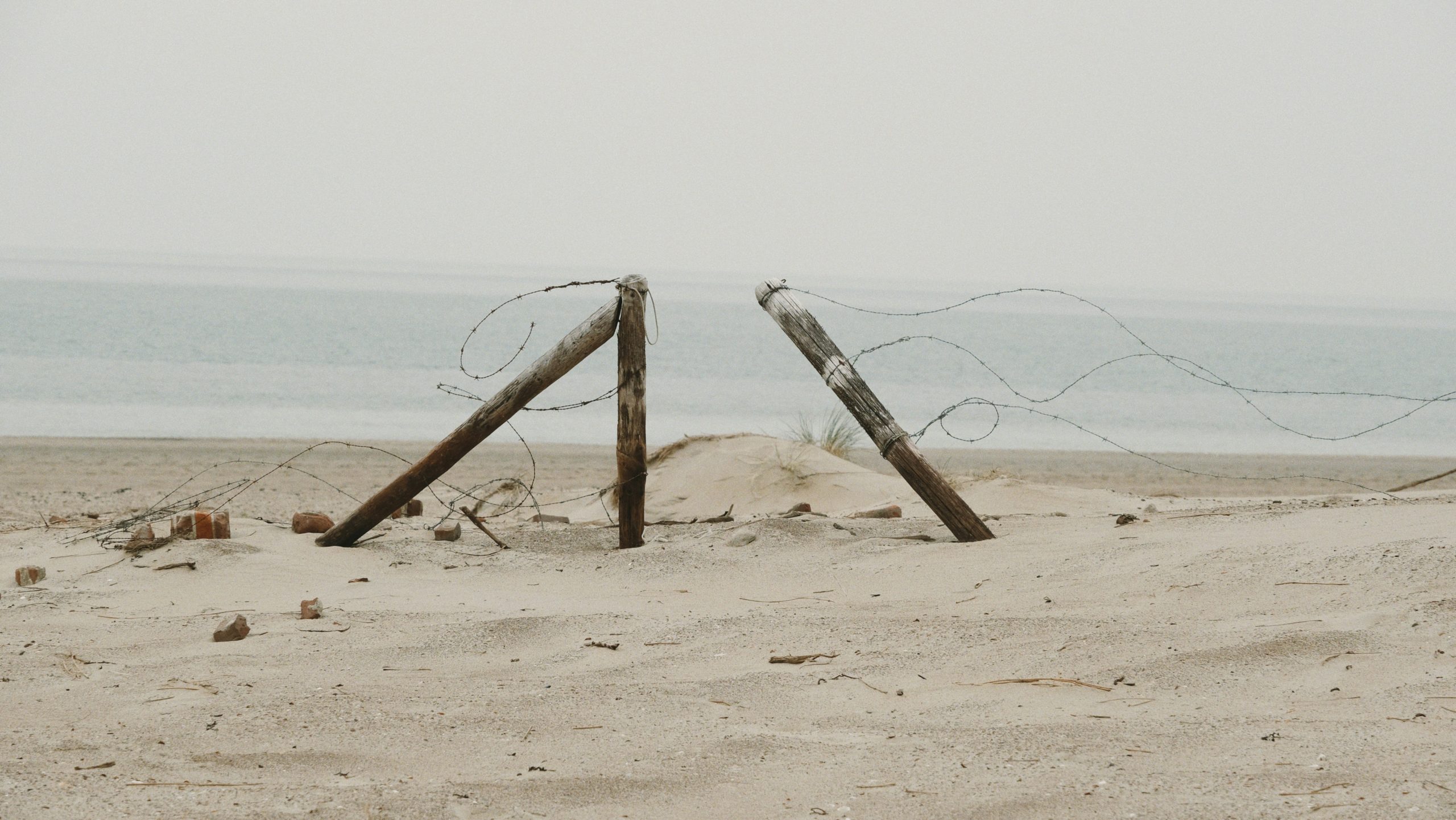interviews
Jonathan Lethem’s Expat Twilight Zone
Talking fathers, mind-readers & anarchist hamburger joints with the author of the new novel, A Gambler’s Anatomy

I’ve been reading Jonathan Lethem since I was eleven. Motherless Brooklyn was my grandfather’s favorite book; he gave it to me because he knew it would make me laugh, and it wormed its wisecracking way into my psyche and has stayed there ever since. I mean this by way of cards-on-the-table, so to speak: I’m a colossal Jonathan Lethem fan.
But how could I not be? He reinvents himself with every book, and his books are all so good. He’s covered all kinds of terrain, confused me all kinds of ways, and combined infinite ideas that just shouldn’t belong together — but of course they do. For example, would you consider Jimi Hendrix’s death relevant to innovations in brain surgery? Anarchist theory to burger-cooking? The international backgammon circuit to, well, anything?
Welcome to Lethem’s tenth novel, A Gambler’s Anatomy (Doubleday, 2016)…
Gambler Alexander Bruno has two problems. First, he keeps losing backgammon games. Second, he has a giant blot at the center of his vision. Turns out, both are the fault of a deeply rooted brain tumor, which he can have removed if he’s willing to become deeply indebted to his childhood semi-friend Keith Stolarsky, now a Berkeley real-estate mogul and slimebag. Oh, and he has to have his face taken off.
This is where we started our conversation.
Lily: Was A Gambler’s Anatomy always going to be a novel about faces?
Jonathan Lethem: I’ve had this long interest in the theme of faces. I associate it with certain films: Eyes without a Face, this incredible Pedro Almodóvar film called The Skin I’m In, even that silly John Woo movie Face/Off with John Travolta and Nicolas Cage — films about the destruction of the self from the outside in. It’s like a secret genre I’m into. And then there’s a thing a friend of mine said, one of those aphoristic utterances that you can’t figure out whether it’s real wisdom or fake wisdom. When we were teenagers, a friend of mine said this, and I’ve been thinking about it ever since: “You can’t be deep without a surface.”
LM: Speaking of genres, you’re so good at picking up genres and changing them. What are the genres at the root of this book?
JL: I’m reluctant to say this, but I think it’s a horror novel.
LM: I think so too! I had to make a rule that I couldn’t read it after 11:00 PM.
JL: That’s great. But I should say, I do think it’s an absurd novel, and silly, and the reason I’m reluctant to throw the word horror into the conversation is that people who have a proprietary sense of that genre would immediately and correctly say that it’s not scary enough; it’s not gory enough. It doesn’t really qualify, but that’s the narrative space I was working in.
There was also was a very powerful narrative pattern that I was excited to do with this book that I associate with not a genre but an archetype: the book that’s cleaved in two by a disaster, like DeLillo’s White Noise. The biggest thing that happens in the book happens in the middle, and the whole book is prelude and aftermath. I wanted the surgery to destroy the story as you’ve been experiencing it to this point.
LM: Is that why the story begins in Berlin, to set the reader up to think about splitting in two?
JL: No, I was in Berlin. I was on sabbatical, living in Berlin and thinking about what I wanted to do next, and I was tiptoeing closer and closer to the thought about the facial surgery and the thought about a gambler. I was reading a lot of Graham Greene, too. That was when it hit me how much Greene sunk into me during my teenage years. He was like my default setting for the novel: there should be a character in free-fall, and possibilities of romance that are thwarted. So that’s when the expatriate idea entered the picture. I thought, I’ve always responded to the dispossessed or expatriate character in allegorical or figurative terms, but I’ve never written it as a literal expatriate. So I thought, Okay, I could do this. I’m in Berlin. I’m going to do this.
I’ve always responded to the dispossessed or expatriate character in allegorical or figurative terms, but I’ve never written it as a literal expatriate.
LM: That’s interesting to me because I think Alexander Bruno is the most literal of your protagonists. He sees metaphors and pretty much says, “Nope. Not doing this.” I’m intrigued that you came at him from a more literal standpoint.
JL: It’s part of his refusal of depth and introspection. The saddest part of the book to me is his recollection of his childhood hospitalization, when he’s away from his mother, and he begins to create a sort of barricade around himself, and then later when he meets the waiter Konrad, who teaches him how to perform. The refusal of metaphorical thinking corresponds to his resistance to self-understanding.
LM: I think another genre this book fits into, or interacts with, is the quest for a lost father. And he picks such bad ones!
JL: Yeah! If you think of Konrad, his manager Falk, and, of course, Keith Stolarsky as a series of possible images of the father, it’s like Bruno is browsing helplessly among this series of very bad candidates. But the story of his face — Bruno thinks about his own face at the very beginning of the book. He thinks, “Looking in the mirror, I’m beginning to see my father, who I don’t know.” Every day he’s getting closer to his father, except that the surgery destroys this possibility.
LM: Instead he gets reverse-aged, in that the father figure he ends up with is Keith Stolarsky, who’s his peer.
JL: Younger, even. But Bruno is the consummate arrested-development character. His body signifies maturity and worldliness, but he doesn’t have any at all. Stolarsky runs rings around him.
LM: So where did Stolarsky come from?
JL: First of all, I grew up working in retail. I worked at used bookstores in New York City and at Moe’s on Telegraph Avenue. So I have a feeling for, and sensitivity to, that sort of entrepreneur, the king of a tiny kingdom. But there’s also a pattern I write about, an Orson Welles archetype: the corruptible innocent and the corrupting, charismatic worldly figure. It’s Prince Hal and Falstaff, too. I’ve reworked it in a number of places, but Stolarsky is also a reworking of Arthur Lomb, one of the most important characters from Fortress of Solitude. Arthur is the kid who stayed. He’s the kid who seems inconsequential when you’re young, but when you grow up he turns out to rule the world.
LM: Do you have your own Stolarsky?
JL: I have a few. One is my old friend Michael Seidenberg, who used to run his secret bookstore, Brazenhead Books. It was a real-world bookstore first — as a teenager, I worked for him — and then it was a secret bookstore and you could only get there by invitation, and it became a cult, and then of course it got too big and he had to squash it. He’s a very sweet Stolarsky in my life.
LM: Let’s talk about whether or not Bruno can read minds. I don’t want an answer — I love being confused by it. I just want to know what it’s about on a deeper level.
JL: Well, it’s metafictional. Bruno’s not self-reflective, so this is the way he thinks about whether he’s deep or not, and the way the reader can think about whether he’s connected to other human beings in any profound ways or not. It’s also me enjoying a strange aspect of my own sensibility, which is that I just love stories where you’re forced to do excess interpretive work. It’s like The Twilight Zone, where all the best episodes could be taken as allegorical stories of a mind devolving into madness. It’s “Occurrence at Owl Creek Bridge,” and the way I received Kafka when I first read him. I like that indeterminacy. I like that he’s testing his mind-reading all the time, and so the reader is too.
I just love stories where you’re forced to do excess interpretive work. It’s like The Twilight Zone…
LM: Something else I love in this book is the real-or-is-it-fake anarchist slider restaurant that Stolarsky opens so that his burger place can have some competition. It’s never clear if that restaurant, or, I should say, if its manager is an actual anarchist or not.
JL: This comes from the history of the left! It really was a Stalin thing. The best way to deal with discontent is that you build the oppositional entity so that you control it, but then who comes there? The real opposition! You build a place for people who want to destroy you. Stalin did this, but even in America, there were many committed Marxists who found themselves in cells run by the C.I.A. or the F.B.I.
LM: Yeah, or anyone who wrote for the Paris Review.
JL: And the Abstract Impressionists! The paintings of Rothko and Franz Kline and Arshile Gorky are where my soul lives. I contemplated those paintings as a child. The idea that they’re a counter-revolutionary con job is insane. It makes my head split open.
LM: What is it with sliders and burgers in your work, anyway? Motherless Brooklyn is full of White Castle.
JL: Burgers are German and American; they’re upscale and downscale; they’re for kids but you eat them for your entire life. My boys and I just discovered the secret menu at In-N-Out Burger. You can go to that drive-through, where you’d think you can only get a burger and fries, but if you know the secret you can ask for your burger animal-style, protein-style, all kinds of things. The place has a subtext. It’s like anything. It’s got a surface and it’s deep.









